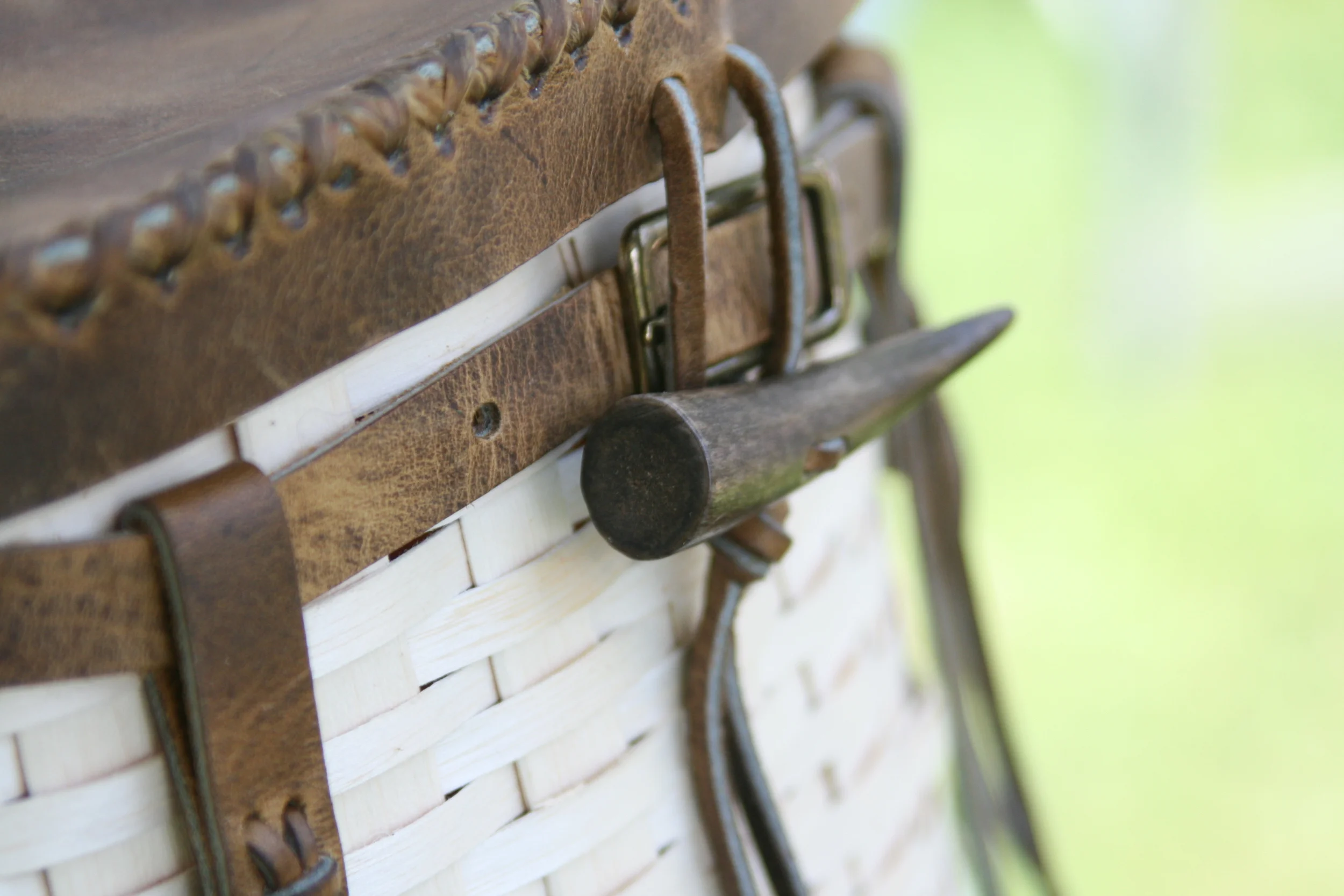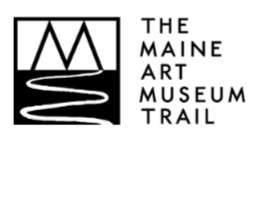The Anne Molloy Howells Basket Collection
/Julia Clark, Curator of Collections
In 1998, children’s book author Anne Molloy Howells donated her collection of 450 Native American baskets and related material to the Abbe Museum.
The donation almost doubled the Abbe's collection of baskets, making it the largest and best documented holding of Maine Indian basketry in the Northeast. Representing a broad range of styles and uses, Howells acquired a collection from the early 1960s to the early 1990s. It represents nearly 200 years of Native American basketry.
The museum was able to accept such a large collection because plans were underway for the Downtown Abbe, with greatly expanded collections care, storage and exhibition space. Without the new building, the museum would not have been able to accept this extraordinary collection. In 2003, the exhibit “The Basket Room” displayed all but 26 of the 450 baskets, providing visitors with extraordinary insight into the diversity of Wabanaki and other Native American basketry.
The Abbe is noted for its especially strong representation of baskets by the four Maine tribes: the Passamaquoddy, Penobscot, Maliseet and Micmac. The Howells collection includes Canadian Maliseet and Abenaki works that were not previously well represented in the Abbe's collections.
Howells, a Portsmouth, N.H resident, spent much of each year in Bucks Harbor, Maine from the 1940s to the early 1990s. Her interest in Native American baskets was stimulated by a neighbor's basket, which had been given to his family by Native Americans who gathered sweetgrass for their baskets on family property. At first she purchased baskets for household use, but by about 1960 she had become a serious collector.
The Howells Collection joined two other distinguished basket collections in the Abbe, those donated by Mary Cabot Wheelwright in 1931 and by Watie Akins, a member of the Penobscot Nation, in 1995. Since 1998, collections from Diana Baker, Jeanne Scheno, and the Peter Smith Terry Collection at Unity College have been added to the Abbe’s collection, along with outstanding work by contemporary Wabanaki artists.
The Howells collection is special in part because it is well documented. Mrs. Howells kept very good records, including actual purchase receipts. Also, many of the objects were discussed in Abenaki Baskets, by Gaby Pelletier, one of the best research reports on Northeastern baskets.
Born in Boston in 1907, Howells wrote 24 books for young people, all but three of them fiction, and many set in Downeast Maine. Among her books that feature Native Americans and their culture are Five Kidnapped Indians, Wampum and The Mystery of the Pilgrim Trading Post.





Images 1-8: Examples from the Anne Molloy Howells Basket Collection.








